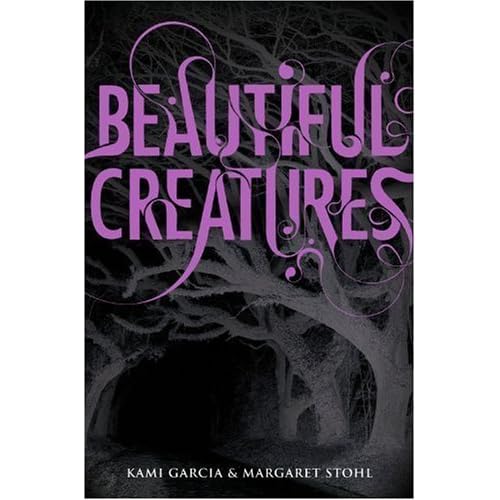
This book had a kick-butt climax for many reasons. Here are some:
- Secrets are revealed. Like a traitor, for example. There are loads more, but I don't want to spoil it. But even the secrets have extra twists to them that make them unique.
- There is a ticking clock. For both the bad guys and the good. They have to accomplish their goal by midnight, or bad stuff happens.
- The authors took risks. They weren't afriad to do things that made me go "Whoa, what just happened???" And their other climaxes are just as explosive, in the other books in the series. I advise you to take risks, if you can. Do something the reader won't expect. And readers are used to predictable plots, so I advise you to be creative.
- They did something different, like switching the POV, which meant the reader went into book 2 sharing a secret with the MC's girlfriend and housekeeper. You, and those two are the only ones who know, for a part of book two, what really happened. Even the main character of #2 doesn't know. Which diffinately made book 2 interesting.
- The villains are bad. They don't hesistant to do things or hand out info that makes me go :O. Like, in the climax, there is a moment where I think (SPOILER): "WOW, how could a mother do something like that to her own child??? Killing her daughter's boyfriend! What a little #%@&*." Well, I wasn't swearing, but it made me want too.
- The characters use every weapon they can. Like I mentioned in my how to write a good emotional fight post.
- Have stuff happen in your climax that the MC doesn't know about. This is the best tip I can give you. In the series I'm using as am example, in the following two books we are learning at least once per book secrets on what happened in the climax of the first book. How was this done? Well:
- Characters are doing things that the MC doesn't know about. This ties into advice that Stephanie Morrill gave on her blog about every character thinking they are the main character. Have other characters do stuff. Don't have the MC know about it. Plan your climax before you write it.
- Things are happening that no one knew about or could have predicted. For example, in Beautiful Creatures, a bit of magic goes wrong in the climax... But no one realizes it until book 3.
so helpful!
ReplyDelete